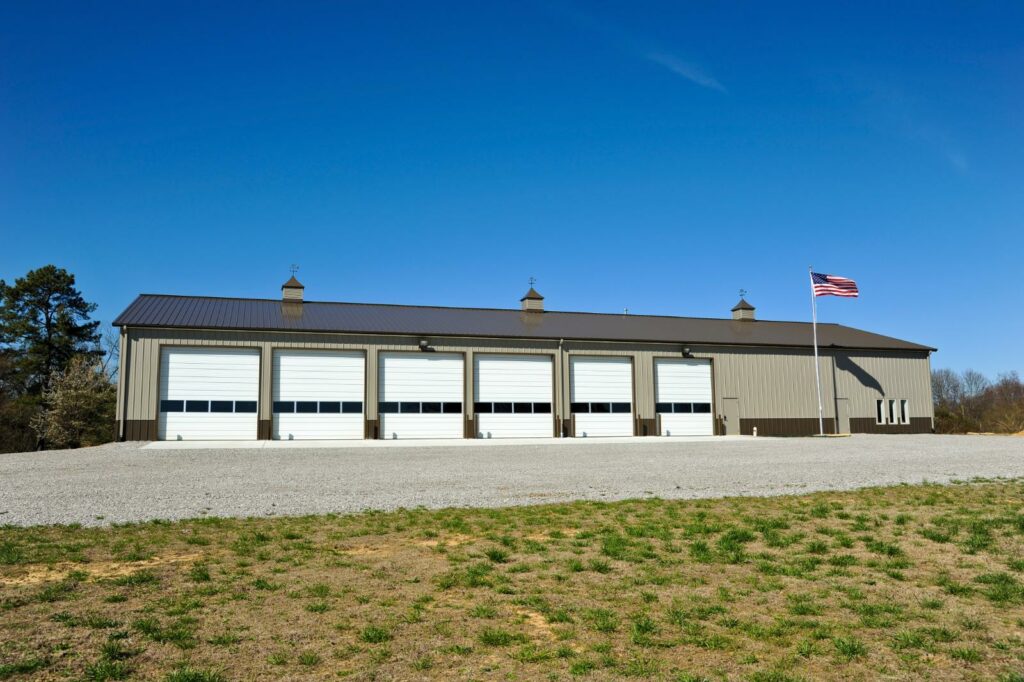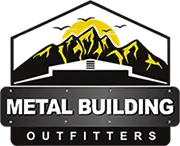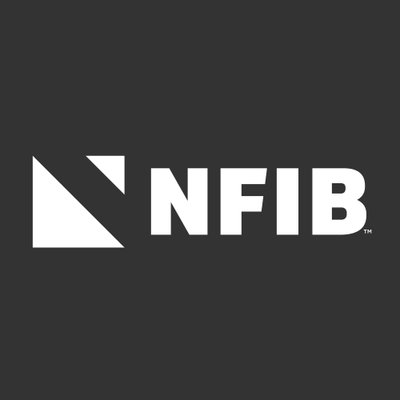
Contents
Imagine the gleam of metal structures standing tall against the test of time, sturdy and reliable. The quest for longevity in construction often leads to seeking durable and cost-effective solutions. But how can you guarantee that your metal structure not only lasts but thrives in the face of changing environments and demands? Join us as we explore the key strategies and considerations for achieving durable and cost-effective metal structures that have stood strong for years.
Key Takeaways
- Utilize corrosion prevention techniques like coatings and galvanization.
- Opt for prefab solutions to reduce construction time and labor costs.
- Regular inspections to maintain structural integrity and address issues promptly.
- Incorporate energy-efficient designs for long-term cost savings.
- Choose durable and affordable materials for longevity.
Benefits of Low-Maintenance Metal Buildings
When considering construction options, low-maintenance metal buildings offer durability and cost-efficiency unmatched by traditional materials. These structures excel in energy efficiency due to their reflective properties, which reduce the need for excessive heating or cooling. By reflecting sunlight, metal buildings can lower energy consumption, resulting in long-term cost savings and environmental benefits, aligning with the growing trend towards sustainable construction practices.
Moreover, customization options for metal buildings are vast, providing you with the flexibility to tailor the structure to your specific needs. Whether you require additional windows for natural light, insulation for climate control, or specific door placements for convenient access, metal buildings can be designed to accommodate these requirements efficiently. This level of customization ensures that your building not only meets but exceeds your expectations, creating a space that’s both functional and personalized to your preferences.
Factors Affecting Durability of Metal Structures
To ensure the longevity of metal structures, understanding the key factors that impact their durability is essential. Two important aspects that have a substantial impact on the durability of metal structures are corrosion prevention and maintaining structural integrity. Corrosion prevention techniques are crucial to protect metal from deteriorating due to environmental factors such as moisture, chemicals, and pollutants. Implementing effective corrosion prevention methods, such as coatings, galvanization, and proper ventilation, can greatly extend the lifespan of metal structures.
Ensuring structural integrity is another essential factor in enhancing the durability of metal buildings. Structural integrity refers to the ability of a structure to withstand its intended loads and remain stable over time. Regular inspections, proper maintenance, and adherence to design specifications are necessary for preserving the structural integrity of metal structures. By addressing any issues promptly and conducting routine maintenance, you can prevent structural failures and prolong the life of your metal building.
| Factors Affecting Durability | Description |
|---|---|
| Corrosion Prevention | Techniques to protect metal from environmental degradation such as coatings and galvanization. |
| Structural Integrity | Ensuring the stability and load-bearing capacity of the metal structure through regular inspections and maintenance. |
Cost-Effective Construction Methods for Metal Buildings
Cost-effective construction methods for metal buildings require a strategic combination of efficient design, material selection, and construction techniques to optimize resources and minimize expenses. To guarantee the cost-effectiveness of your metal building project, consider the following:
Prefab Solutions: Utilizing prefabricated components can greatly reduce construction time and labor costs. Prefab solutions streamline the building process by manufacturing standardized parts off-site, allowing for quick assembly on-site. This method minimizes construction waste and helps control overall project expenses.
Energy-Efficient Designs: Incorporating energy-efficient features such as proper insulation, reflective roofing, and efficient HVAC systems can lead to long-term cost savings. By reducing energy consumption, you not only lower operational expenses but also contribute to a more sustainable building design. Energy-efficient designs can also qualify for various incentives or certifications that may further offset construction costs.
Optimized Material Selection: Carefully selecting materials based on durability, availability, and cost-effectiveness is essential. By balancing quality with affordability, you can ensure that your metal building is structurally sound while staying within budget constraints. Consider recycled or locally sourced materials to minimize environmental impact and expenses.
Streamlined Construction Techniques: Implementing efficient construction techniques such as modular construction or lean construction practices can help expedite the building process and reduce labor costs. By optimizing workflow and minimizing downtime, you can enhance productivity and ultimately lower overall construction expenses.
Enhancing Longevity Through Proper Maintenance
Enhancing the longevity of metal structures requires careful and strategic maintenance practices to ensure peak performance and durability over time. Proper cleaning is essential to prevent the buildup of corrosive materials that can weaken the structure. Regular inspections help identify any signs of wear or damage early on, allowing for timely repairs and maintenance to extend the lifespan of the metal building.
When it comes to proper cleaning, using the appropriate cleaning agents for the specific type of metal is important. Different metals require different cleaning methods to avoid causing damage. For instance, stainless steel may require a gentler cleaner compared to aluminum or steel. Regularly removing dirt, dust, and other debris also prevents moisture retention, which can lead to corrosion over time.
Regular inspections play a key role in catching any issues before they escalate. Inspecting the metal structure for signs of rust, cracks, or loose connections can help address potential problems promptly. By conducting routine inspections, you can ensure that the metal building remains structurally sound and safe for occupancy.
Sustainable Practices in Metal Building Design
Implementing sustainable practices in metal building design requires a thorough understanding of environmental impact factors and material selection criteria. When focusing on eco-friendly materials and energy efficiency, architects and engineers can create metal structures that stand the test of time and minimize their carbon footprint.
To achieve this, consider the following:
Material Selection: Opt for recycled or locally sourced materials to reduce environmental impact and promote sustainability in metal building design.
Energy-Efficient Design: Incorporate features like energy-efficient lighting, insulation, and HVAC systems to minimize energy consumption and operational costs over the building’s lifespan.
Solar Panel Integration: Utilize solar panels on the roof or facade to harness renewable energy sources and decrease reliance on non-renewable power.
Water Conservation Techniques: Implement rainwater harvesting systems or greywater recycling to reduce water usage within the building and contribute to sustainable practices.
Recap
Meticulously adhering to corrosion prevention techniques and maintenance protocols is crucial to ensuring the longevity of metal structures.
By implementing cost-effective construction methods and sustainable practices, one can achieve a harmonious balance between durability and affordability in building design.
Remember, the key to a successful metal-building project lies in meticulous attention to detail and the strategic application of proven techniques.
Stay vigilant, stay efficient, and watch your metal structures stand the test of time.
Recent Posts
Custom Metal Garages for Unique Storage Solutions
You might think a custom metal garage is just a box for your car, but
Top Benefits of Residential Metal Structures
While traditional homes often require constant upkeep and repairs, residential metal structures stand out with
3 Tips for Personalized Metal Garage Solutions
Finding personalized metal garage solutions can transform your cluttered space into a functional haven. By




